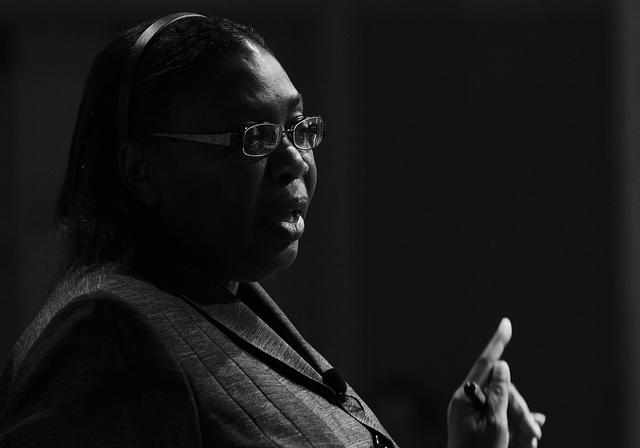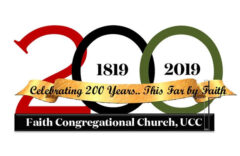Environmental Racism
Humankind has so much become one family that we cannot ensure our own security unless we ensure the security of all others.” - Bertrand Russell, from Simple Prosperity
Why Is Environmental Racism an Issue of Faith?
People of faith are called to care for all of our neighbors, regardless of their race, their income level, or their life circumstances. Jesus taught us this behavior in the parable of the Good Samaritan. He was also a student of the Hebrew Scriptures where he learned to “let justice roll down like waters, and righteousness like an everflowing stream.” Jesus did not discriminate or separate people into artificial groups, but rather declared that the Kingdom of God is available to all of God’s children.
Read more HERE.
Lead Exposure Exposes Environmental Racism
by Alli Van Leer
Environmental Justice affirms the need for urban and rural ecological policies to clean up and rebuild our cities and rural areas in balance with nature, honoring the cultural integrity of all our communities, and provided fair access for all to the full range of resources. – 12thPrinciple of Environmental Justice, 1991
For over sixty years scientists, business leaders and government officials have been aware of the detrimental impact of childhood exposure to lead. In the 1970’s research by Herbert Needleman, MD and his team in exposed the effect of even a low dose of lead exposure during childhood. Needleman et al.’s paper, “Deficits in psychologic and classroom performance of children with elevated dentine lead levels” also shifted the focus from the somatic based health effects of lead to the physiological and cognitive effects.
Lead has historically been used in a wide array of industrial products, most importantly gasoline, paint and water piping. The process of removing lead from gasoline began in 1965 and was officially banned from on road vehicles in 1996. Lead was banned from the use of paint in 1978, though remains on the wall of buildings and houses painted prior to 1978. While lead is rarely used today in water piping it remains in many homes and city water lines (Gilbert, 2006).
“Toxic Communities” and the Fight for Environmental Justice

![]()
